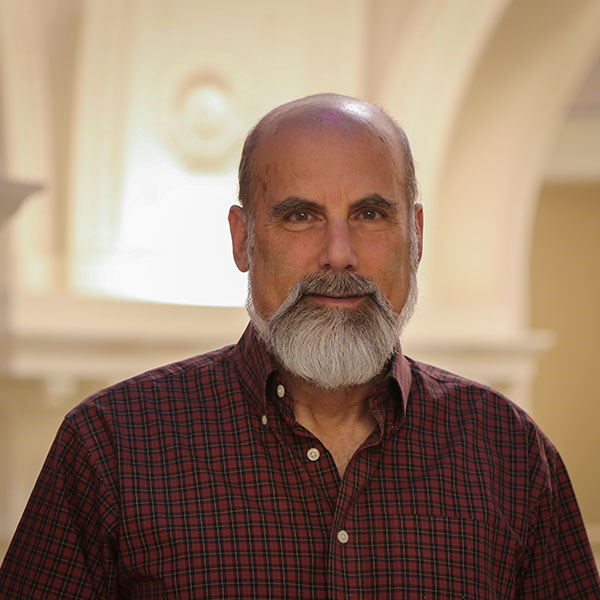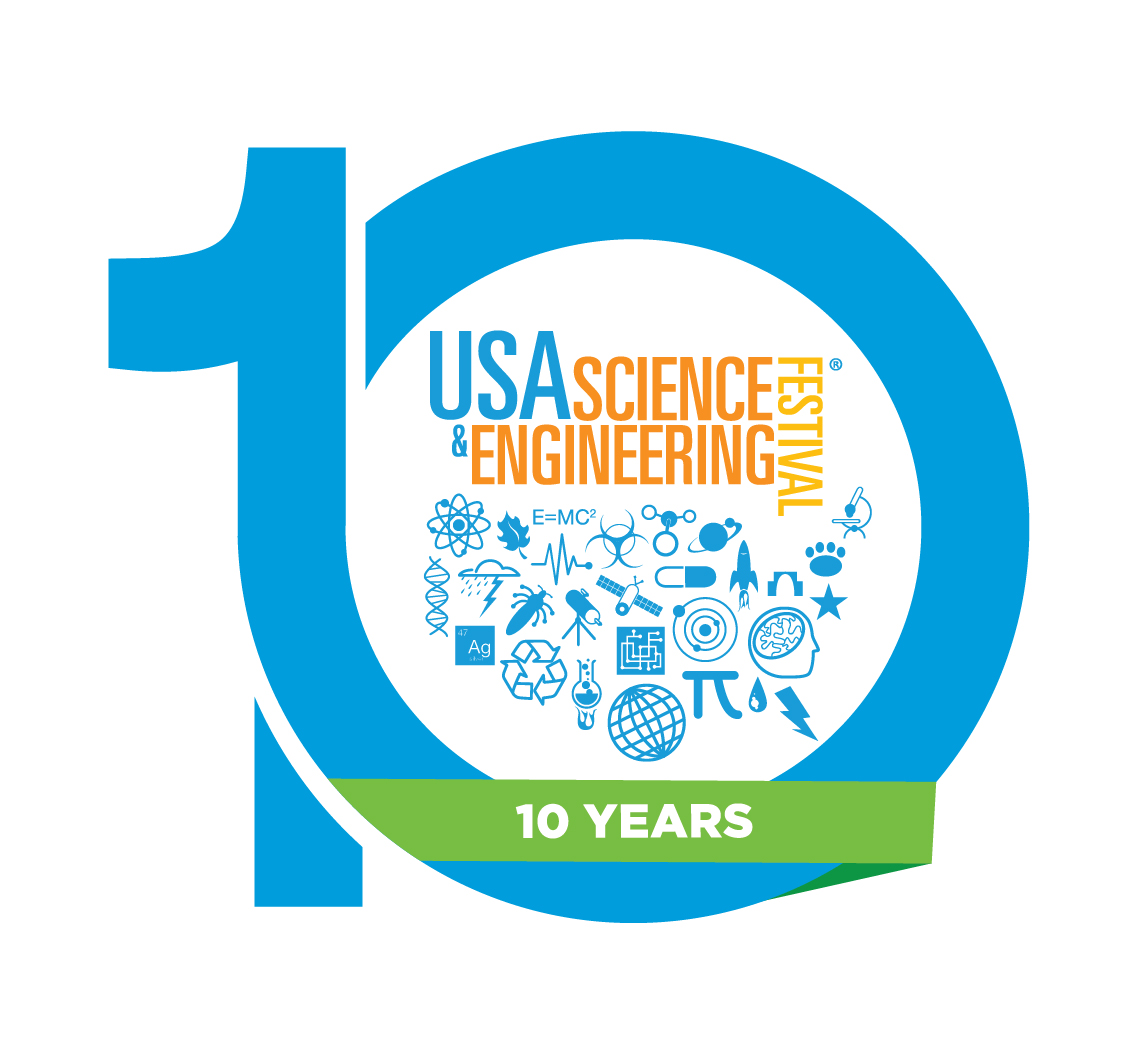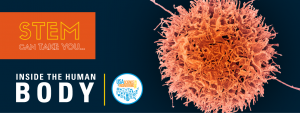Biography
Matthew Scott Leads Carnegie Institution´s Collaborative Quest In Science Research
When Matthew P. Scott, Ph.D., was named president in 2014 of the prestigious Carnegie Institution for Science headquartered in Washington, DC, he was well prepared to assume the high-profile position, having gained a national reputation as a leading scientist in his field, including at Stanford University where served as professor of developmental biology, genetics and bioengineering. A research pioneer, his early studies of the regulators of early embryonic patterning set the stage for many groundbreaking studies in developmental biology; in addition, his leadership as the chair of Stanford´s successful interdisciplinary Bio-X Program immersed him in the type of collaborative research for which the Carnegie Institution is known.
“The Carnegie Institution is engaged in a fascinating range of science — from cosmology to ecology,” says Matthew, who, as president, guides the 114-year-old organization in the mission and words of its founder, famed industrialist Andrew Carnegie: “….to encourage, in the broadest and most liberal manner, investigation, research, and discovery and the application of knowledge to the improvement of mankind.”
Today, Carnegie researchers work collaboratively in six scientific departments on the West and East Coasts where they are involved in groundbreaking investigation in the fields of plant biology, developmental biology, Earth and planetary sciences, astronomy, and global ecology. Carnegie scientists seek answers to questions about the structure of the universe, the formation of our solar system and other planetary systems, the behavior and transformation of matter when subjected to extreme conditions, the origin of life, the function of genes, and the development of organisms from single-celled egg to adult.
Carnegie also offers exciting hands-on outreach programs for elementary school teachers and students in Washington, DC, Baltimore, MD and Pasadena, CA.
As a developmental biologist, Matthew is particularly known for his focus on genes that control development, and how damage to these genes leads to birth defects, cancer, and neurodegeneration. He discovered the “homeobox,” an evolutionarily conserved component of many genes that control development. His lab group discovered the genetic basis of the most common human cancer — basal cell carcinoma, and of the most common childhood malignant brain tumor — medulloblastoma. Matthew completed his undergraduate and graduate work at M.I.T., and his postgraduate work at Indiana University.
For more information, visit https://carnegiescience.edu/about/leadership/president


































